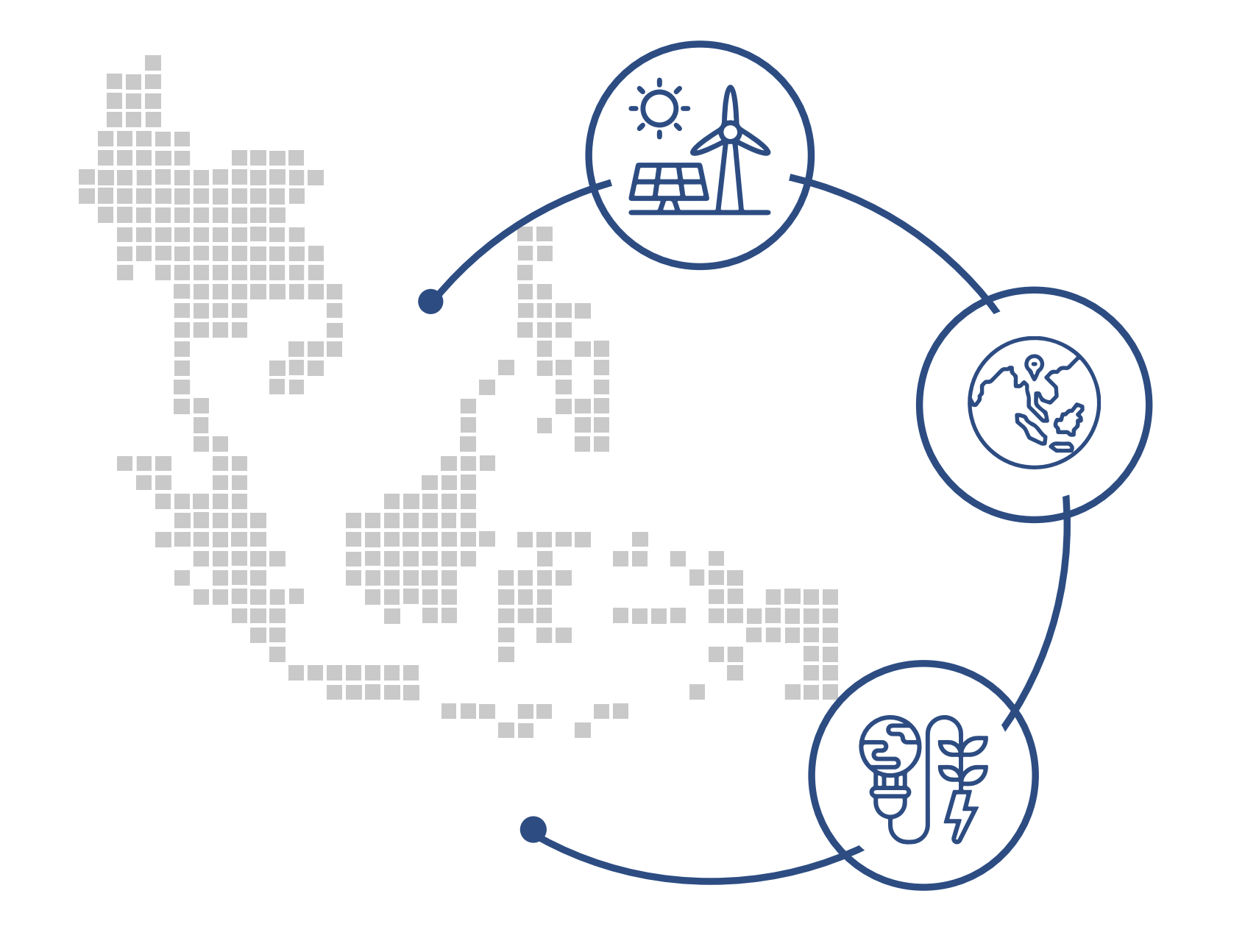Rethinking the blue economy to be inclusive, sustainable, fair and for everyone (IIED)
Maggie Watson’s article on the International Institute for Environment and Development (IIED), published in March 2019, reflects on the ways to build a ‘blue economy’ that gives a fair share to everyone, and protects the ocean.
We know that 70% of the Earth’s surface is ocean and about 60% of that lies outside national jurisdictions on the ‘high seas’. Coastal communities, especially in developing countries, are particularly vulnerable to global problems, such as ocean acidification, pollution and climate change. It is estimated that 96% of fishers work in small-scale fisheries that are overwhelmingly (over 90%) in developing countries, grossly undervalued and often marginalized. Meanwhile 86% of fisheries subsidies globally go to large-scale fisheries – predominantly private sector fisheries from developed countries.
Several opportunities are arising and they often have links to the SDGs, there is growing public awareness and concern on marine issues. Approaching is the United Nations Decade for Ocean Science and member states of the UN are negotiating a new legally binding instrument covering ‘Biodiversity Beyond National Jurisdiction (BBNJ)’. The World Trade Organisation has been tasked with ending harmful fisheries subsidies by 2020. New approaches are helping countries value their small-scale fisheries and new rules are being drafted.
A section focuses on fiscal policy, where the author argues fiscal tools need change. On one hand, many governments allocate capacity-enhancing subsidies to the industrialized fishing sector, when it is estimated that 80% of the world’s fisheries are already fully exploited. On the other, fiscal tools are not often used to support sustainability and environmental stewardship. Three big fiscal instruments: taxes, conditional transfers/payments for ecosystem services and subsidies could all play a role.
Please refer to the full article, available on the IIED website through this link.
IIED produced an animated video that briefly explains how fiscal reforms and fiscal tools can support the health of the ocean and protect the livelihoods of people who depend on it, available through this link.
For further information on this topic, please refer to the briefing paper on “A sustainable future for fisheries, how fiscal policy can be used to achieve SDG 14” published by IIED in 2016, available through this link.
A paper published by IIED in February 2019, on “Subsidy reform and distributive justice in fisheries”, analyses and discusses options for addressing equity concerns in fisheries subsidy reform, calling for governments to consider the impacts of subsidies and subsidy reform on vulnerable social groups, available through this link. A second paper assesses the cost of harmful fishing subsidies, published in March 2019 and available through this link.
IIED also published a fair fishing toolkit, in February 2019, that focuses on fiscal fisheries management instruments, which governments use to influence economic decisions on government spending and raise revenue through taxation, available through this link.
Another toolkit titled “No hidden catch” was published by IIED, which offers guidelines to assist national statistics officers and others to improve the way they account for small-scale fisheries. It is available through this link.






